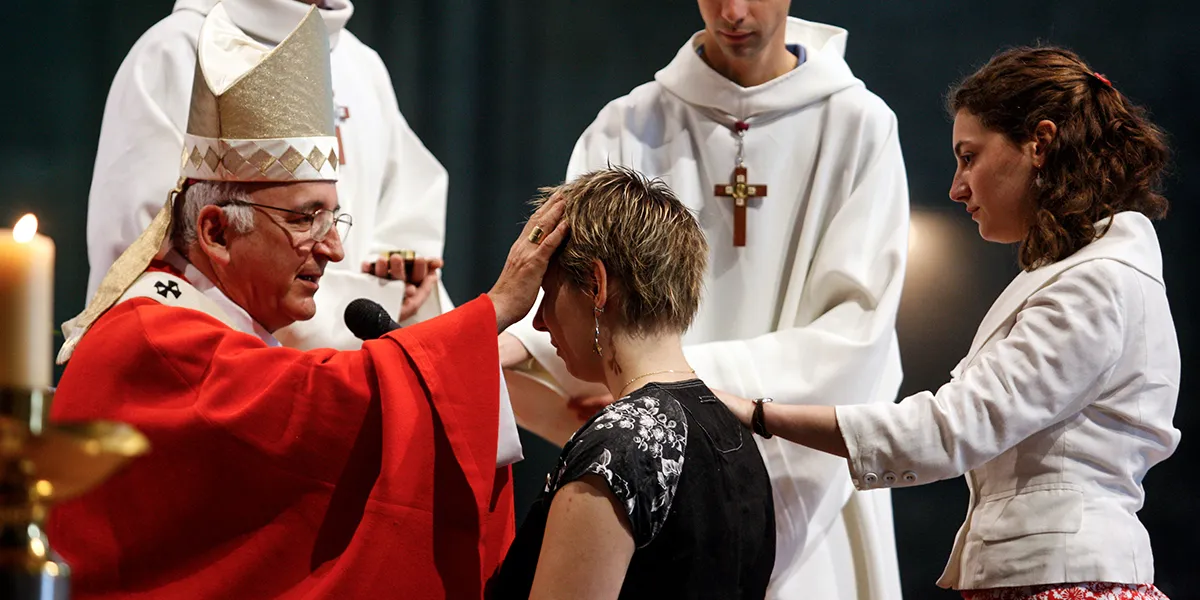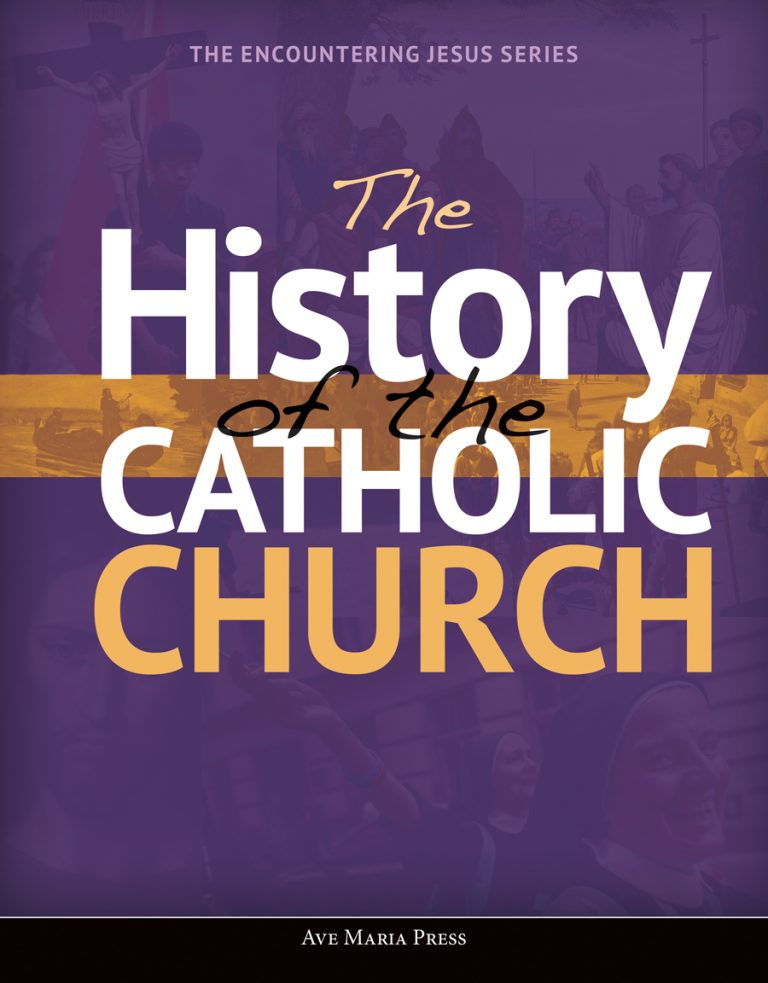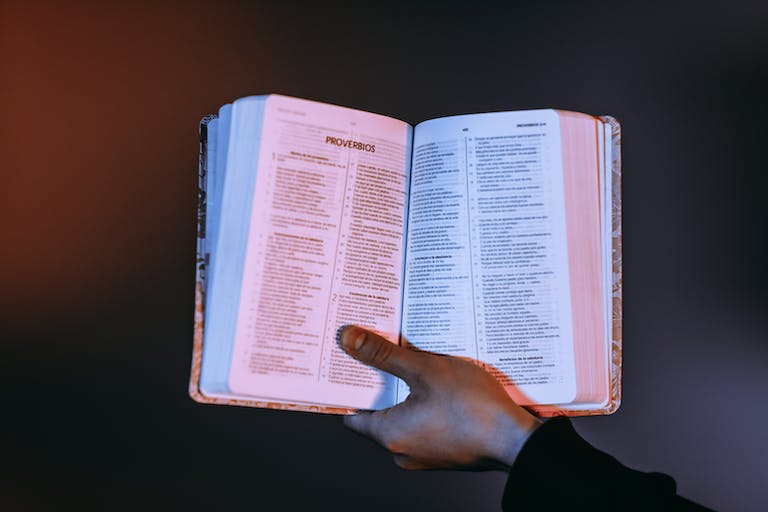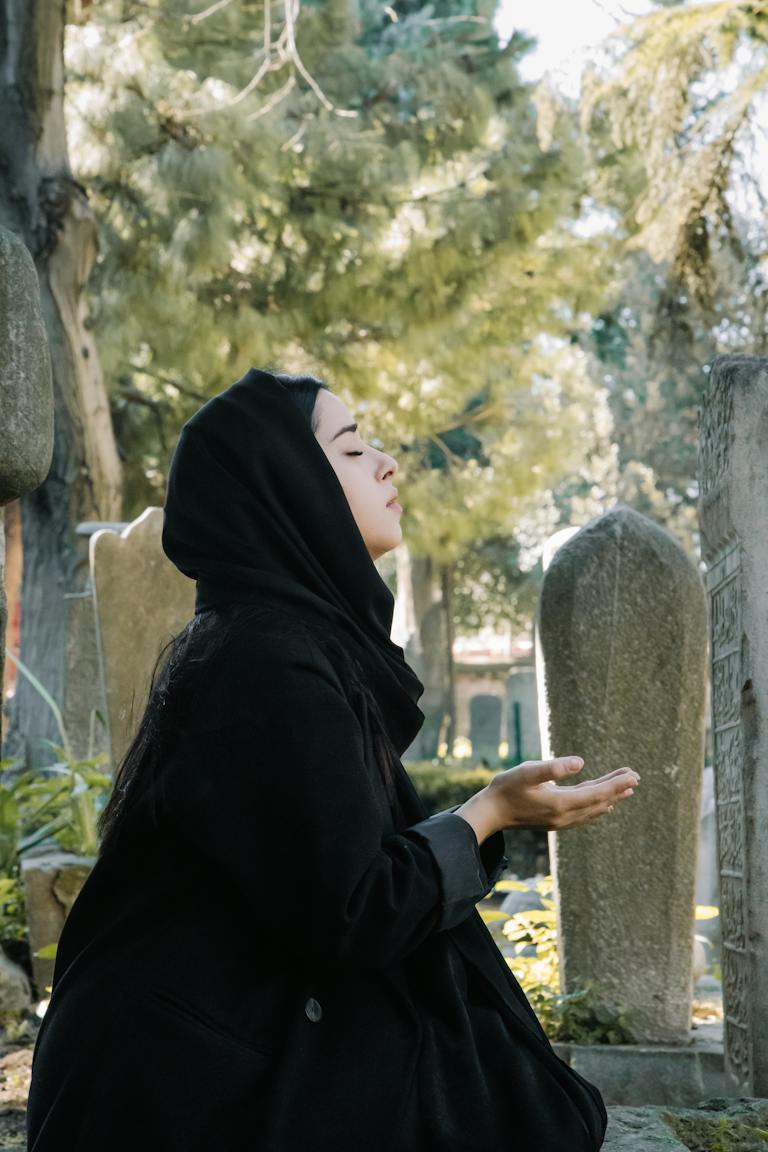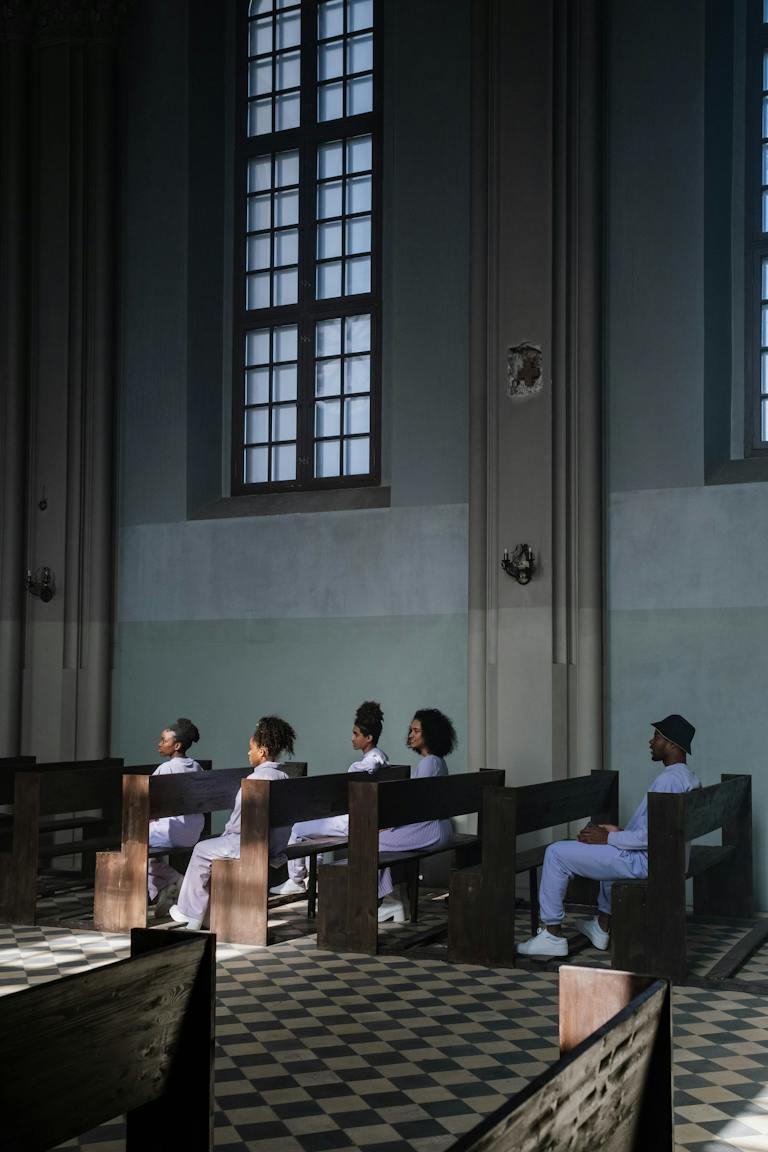7 Sacraments of the Catholic church
As Catholics, the seven sacraments stand at the very heart of our faith and relationship with God. Through these visible signs, Christ provides the grace we need to lead a righteous life. In this blog, I aim to provide an overview of each sacrament—what it is, what it does, who administers it, and who can receive it. My goal is to educate and inspire you in your spiritual journey.
What is a sacrament? Definition and Role in the Catholic Faith
In simple terms, a sacrament is an outward sign instituted by Christ to give grace. As Catholics, we believe sacraments are physical rituals that have a direct spiritual impact on our soul. When received worthily and with faith, sacraments channel grace in a way we can perceive through our human senses.
The sacraments play a vital role in nourishing our relationship with God from birth through death. They mark major milestones on our path to salvation. While immersed in the human experience, sacraments connect us with the divine and strengthen us to live out our faith.
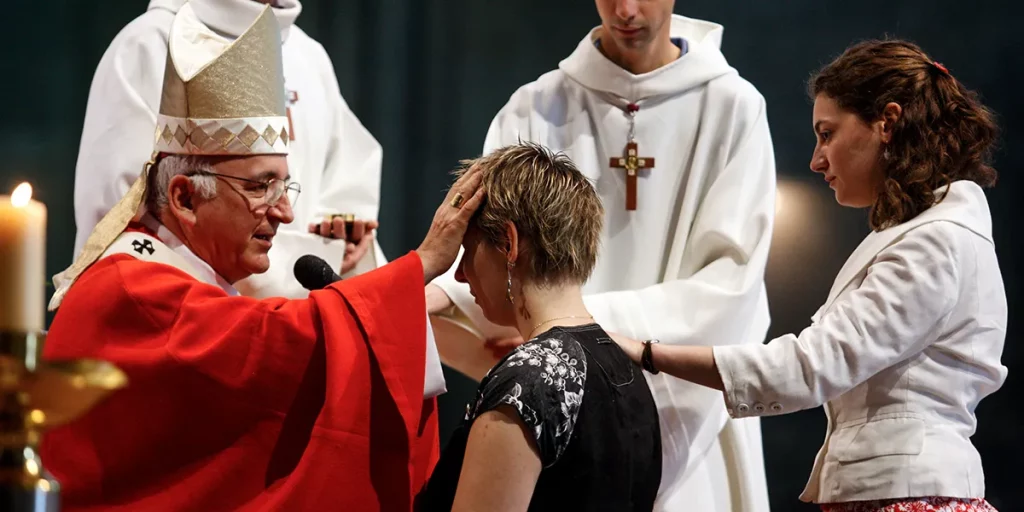
The Seven Official Sacraments of the Catholic Church
The Catholic Church officially recognizes seven sacraments: baptism, Eucharist, reconciliation, confirmation, marriage, holy orders, and anointing of the sick. Each was instituted by Christ himself to impart grace. I’ll explore each in detail in the sections below.
Baptism: Birth into New Life with Christ
Baptism welcomes us into the Catholic faith. In baptism, we are cleansed of original sin and incorporated into the body of Christ. It is the “gateway” sacrament that allows us to receive the other sacraments.
In baptism, water is poured or the person is immersed while the minister (usually a deacon, priest, or bishop) says the words, “I baptize you in the name of the Father, and of the Son, and of the Holy Spirit.” This signifies our belief in the triune God. We are marked with Christ oil and given a white garment—symbols of our new life in Christ. Baptism can only happen once. Even if you belong to another Christian denomination, the Catholic Church recognizes your baptism.
Who Administers: Deacon, priest, bishop, or authorized lay person in emergency
Who Receives: Anyone unbaptized, including infants
Eucharist: The Body and Blood of Jesus Christ
The Eucharist, also called Holy Communion or the Lord’s Supper, is the most central sacrament of our faith. Catholics believe that through the sacred ritual of the Eucharistic Prayer, the bread and wine offered at Mass truly become the body and blood of Jesus Christ. This process is called transubstantiation. We renew Christ’s sacrifice on the cross and receive spiritual nourishment from His body and blood.
In John 6:53, Jesus tells us: “Very truly, I tell you, unless you eat the flesh of the Son of Man and drink his blood, you have no life in you.” The Eucharist gives us life by joining us with the Risen Christ. It also unites us as members of the Catholic Church.
To be properly disposed, you must reflect on your life, confess any mortal sins prior, and fast for one hour before receiving. If you are conscious of grave sin, you must refrain until receiving absolution in the Sacrament of Reconciliation.
Who Administers: Priest or bishop
Who Receives: Baptized Catholics in a state of grace
Reconciliation: God’s Mercy and Healing
In the Sacrament of Reconciliation, we have a personal encounter with Jesus to confess our sins and experience His mercy. Through the priest, Christ absolves us and grants us the grace to overcome sinfulness. The sacrament reconciles us with God and the Church.
To make a good confession, you must truly have contrition or sorrow for your sins, make a firm resolution to avoid sin, and confess your grave sins to the priest. The priest then offers counsel, assigns an act of penance, and absolves your sins with these words: “I absolve you from your sins in the name of the Father, and of the Son, and of the Holy Spirit.” Christ cleanses your soul after you receive this healing sacrament.
Reconciliation is the only ordinary way to have our mortal sins forgiven after baptism. Jesus entrusted His Apostles with the ministry of reconciliation, and priests continue in this role as stewards of God’s mercy.
Who Administers: Priest
Who Receives: Baptized Catholic children or adults who have committed grave sin
Confirmation: Sealed with the Gift of the Holy Spirit
In confirmation, God strengthens us with the gift of the Holy Spirit as we mature in our Catholic faith. We recall Pentecost, when the apostles were visibly filled with the Holy Spirit and bolstered to spread the gospel. In confirmation, we too are sealed and fortified to live as courageous witnesses for Christ.
The bishop is the ordinary minister of confirmation. The bishop extends his hands over those being confirmed as he invokes the outpouring of the Holy Spirit. He then anoints the person with chrism oil on the forehead in the shape of a cross. This seal and anointing represent the work of the Holy Spirit coming upon the confirmand. The bishop concludes by saying, “Be sealed with the gift of the Holy Spirit.”
This special outpouring of the Spirit gives us wisdom, understanding, right judgment, courage, knowledge, reverence, and awe in God’s presence. These gifts of the Holy Spirit equip us to live our Catholic faith with conviction and share the gospel witness.
Who Administers: Bishop
Who Receives: Baptized Catholic adults/older children
Marriage: An Indissoluble Covenant
Marriage was elevated to a sacrament by Jesus Christ, who performed His first miracle at the wedding in Canaan. In marriage, a baptized man and woman form an exclusive, permanent, and lifelong partnership. It signifies the union between Christ and His Church. Since it is a sacred and solemn covenant, divorce is not possible in the Catholic Church except under extreme circumstances.
Both the man and the woman must freely consent to Catholic marriage, committing their entire lives to one another in unwavering and self-sacrificing love. The sacrament confers grace to sustain the couple in fidelity, permanence, and fruitfulness in generating and educating children. The family is the building block of society, as is the domestic church.
Marriage preparation is crucial; the couple should share the same fundamental values and seek counsel if any differences threaten unity. Ministers of the sacrament include the spouses themselves, who consecrate one another, and the presiding priest or deacon, who receives their vows with Church authority.
Who Administers: Priest, deacon, or authorized lay person with Church authority.
Who Receives: Free and faithfully baptized man and woman
Holy Orders: Service as an Ordained Minister
Through the Sacrament of Holy Orders, bishops, priests, and deacons are ordained and given the grace of authority to shepherd souls, teach true doctrine, sanctify the people through the sacraments, and govern the Catholic Church. Men called to Holy Orders sacrifice the right to marry and have children in order to dedicate their lives fully to Christ’s service.
There are three levels of ordained ministry:
- Bishops receive the “fullness of priesthood” and represent the apostles. They can confirm, ordain men to the priesthood or diaconate, and assign priests to diocesan roles.
- Priests receive the power to consecrate the Eucharist and absolve sins in Christ’s name. They serve parishes, hospitals, schools, and military chaplaincies and perform ministries like evangelization, education, counseling, and social work.
- Deacons can baptize, officiate weddings, distribute Communion, and preach homilies, but they cannot consecrate the Eucharist, hear confessions, or anoint the sick. They assist the bishop or priests in pastoral ministry.
Who Administers: Bishop ordains deacon or priest; bishop or qualified priests ordain new bishops
Who Receives: Baptized men appointed and found worthy after extensive formation
Anointing of the Sick: Strength and Peace
The Anointing of the Sick imparts grace to the seriously ill or elderly suffering from the danger of death. Christ heals ‘the whole person’, so this sacrament offers spiritual strengthening, peace, and courage, as well as physical recovery if God wills. It can be received multiple times if the recipient reaches end-of-life status again.
The priest anoints the forehead and hands with blessed Oil of the Sick while praying over the person: “Through this holy anointing, may the Lord in His love and mercy help you with the grace of the Holy Spirit.” The sick person is also given the opportunity to confess any unconfessed sins and receive absolution and Viaticum (Final Communion).
Who Administers: Priest
Who Receives: Baptized Catholic adults/older children who face serious illness/old age

